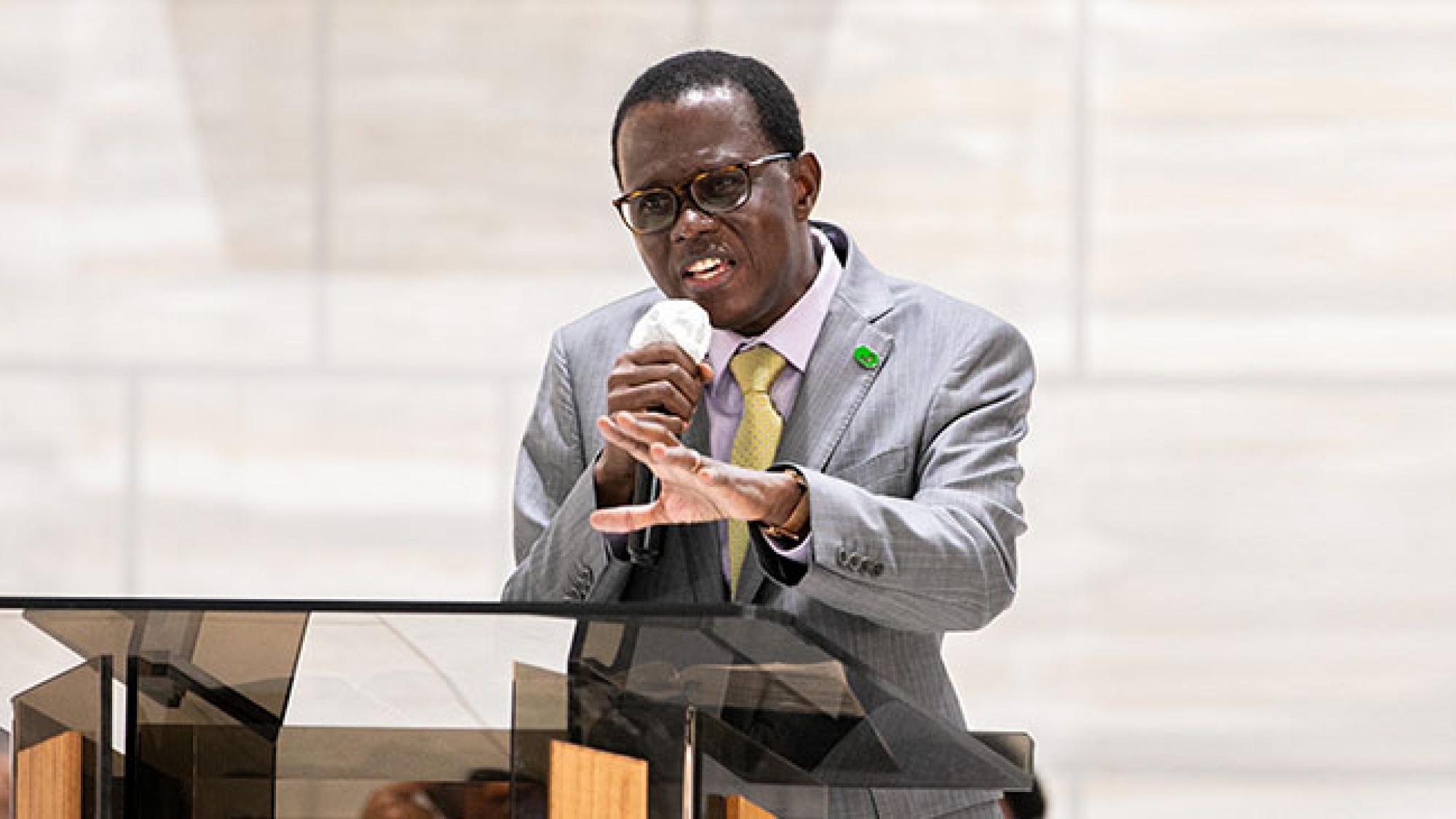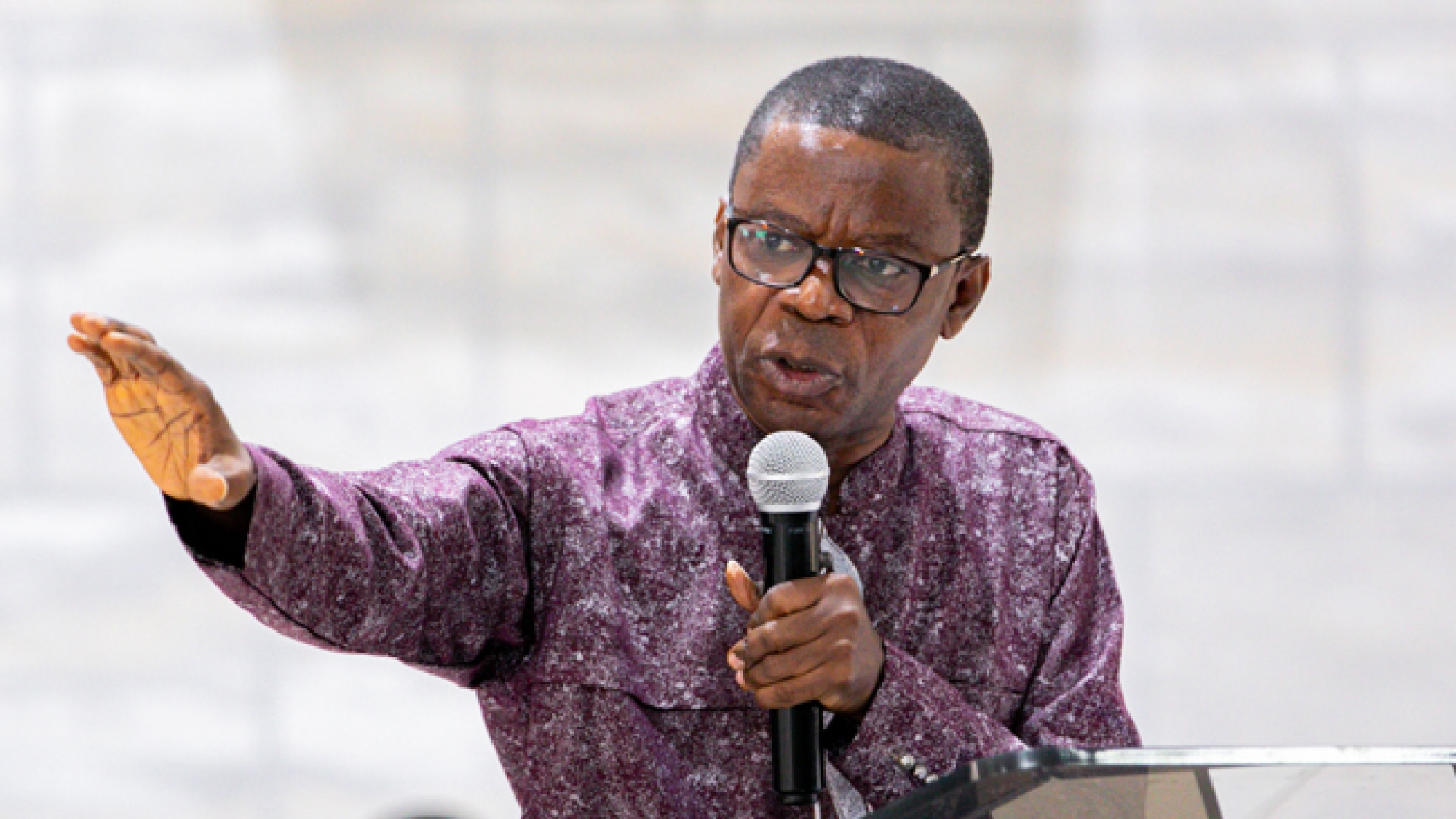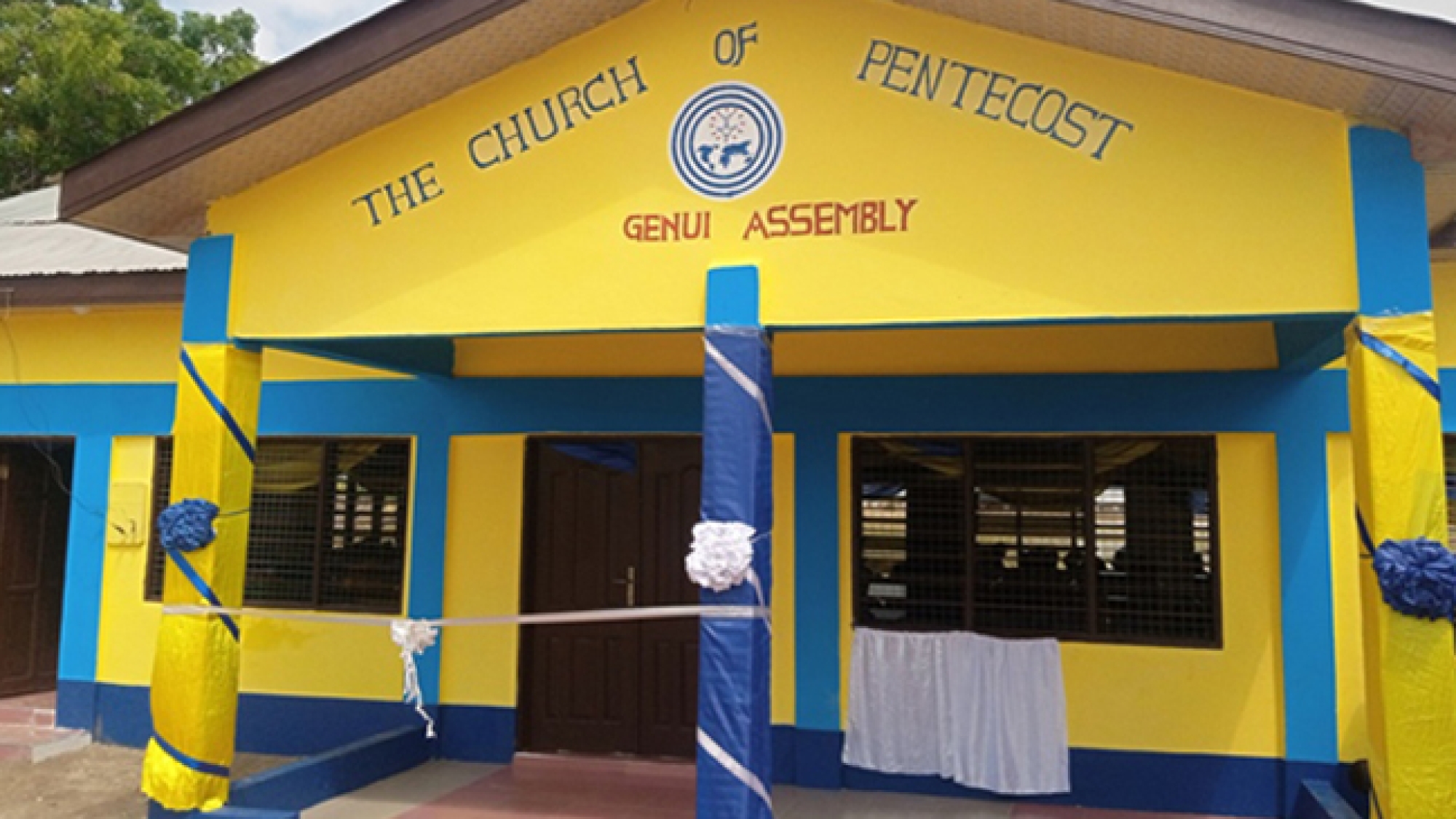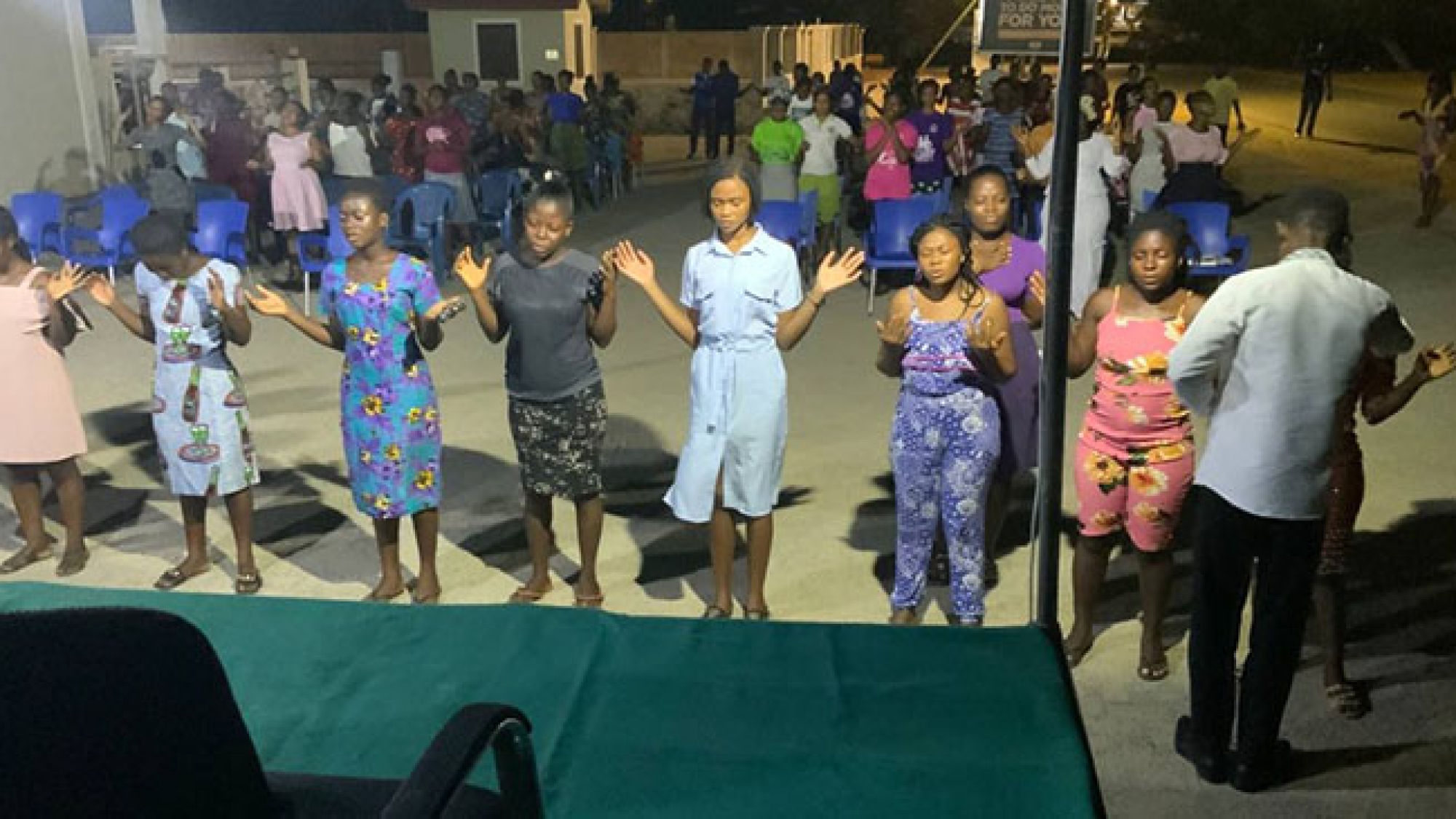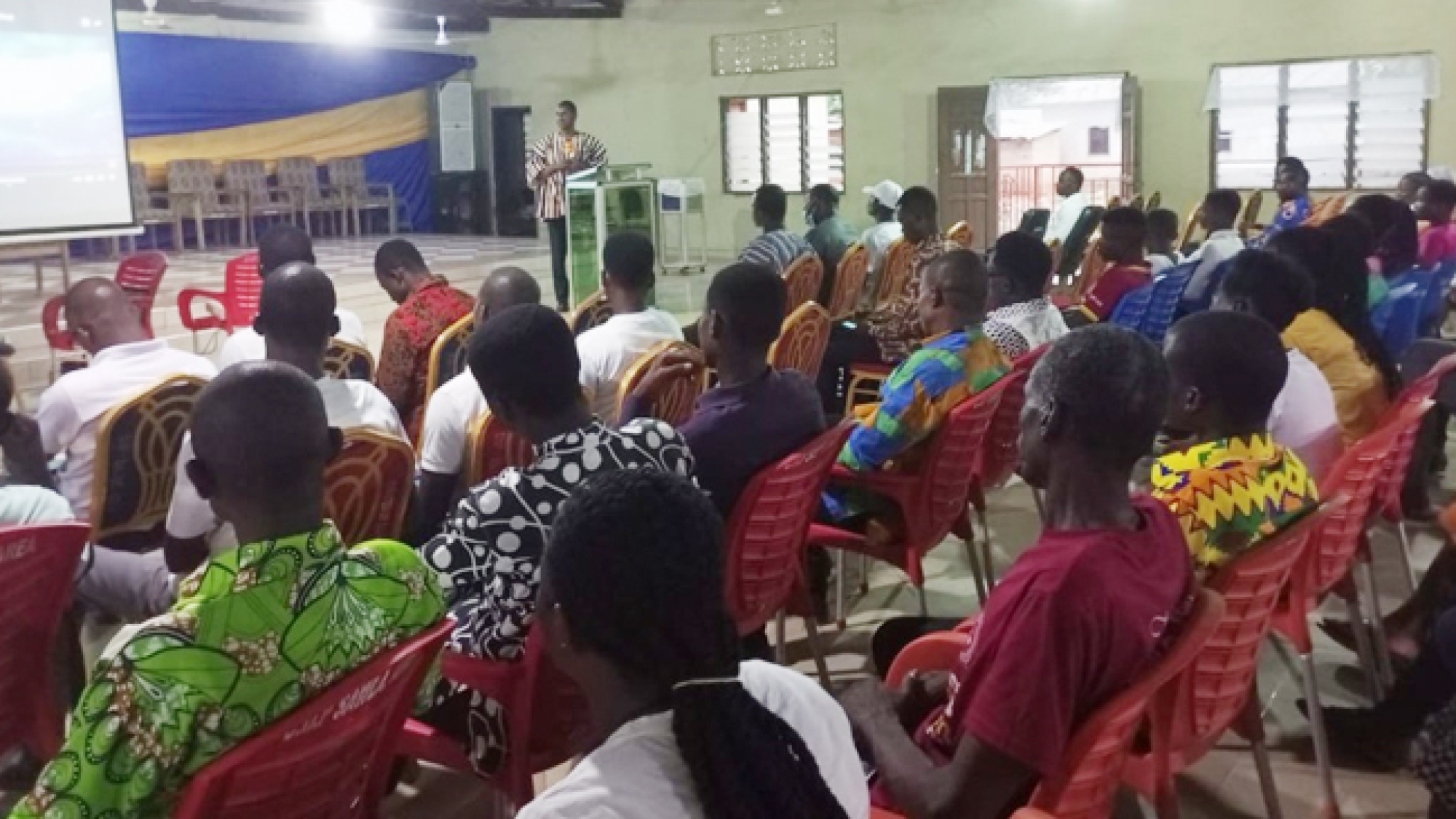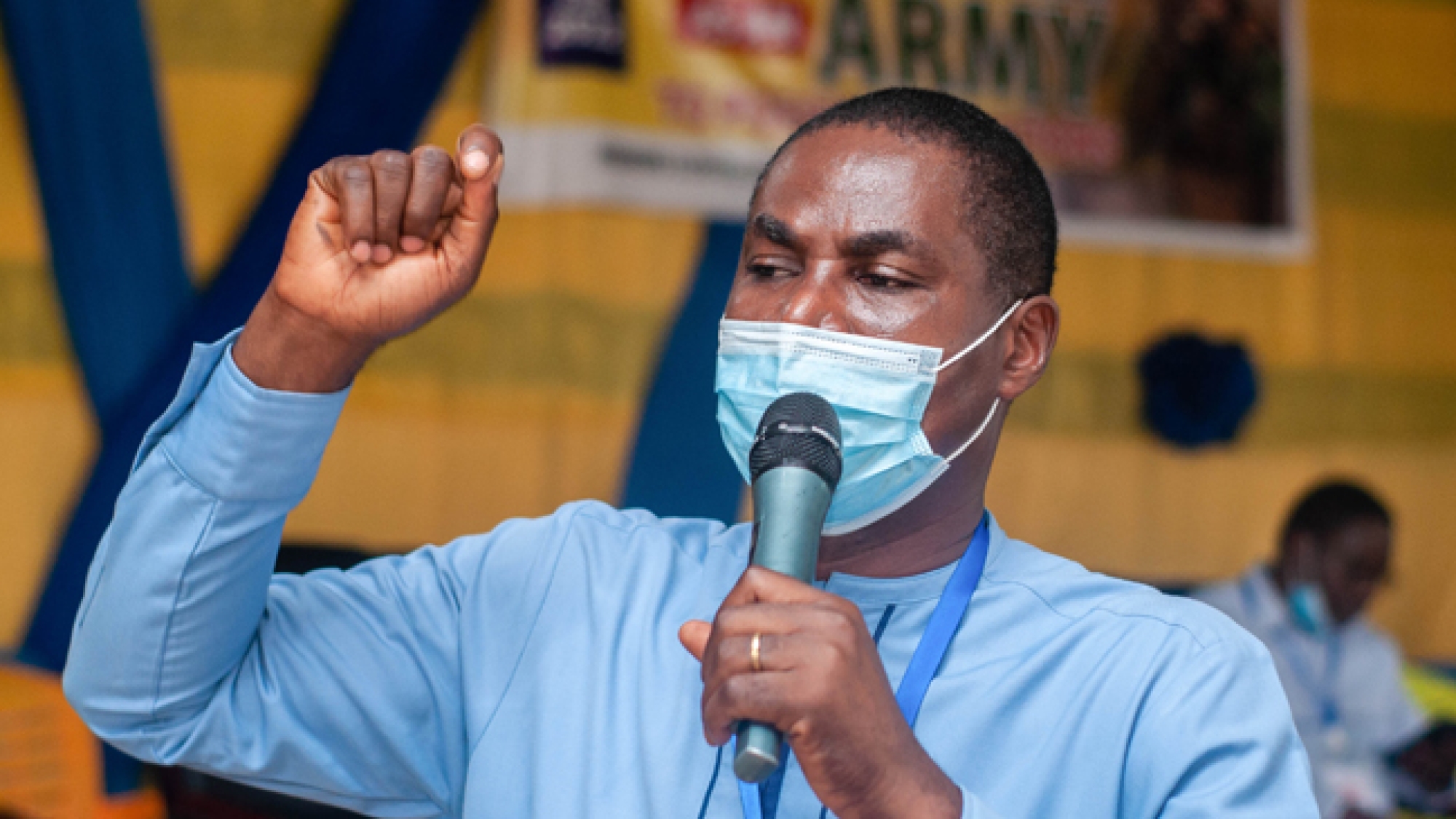Introduction
The Church of Pentecost (CoP) like other great institutions that seek to make a purposeful impact on life, naturally endorsed the establishment of special sub-ministries or functional ministries (previously called “movements” until 2012) that will mobilize, nurture and empower focus groups spelled out by gender and age within the church. This structure is, invariably, a tool for intentional discipleship. Beginning in the early 1940s, less than a decade after Rev. James McKeown landed on the shores of Ghana, the Young People’s Movement emerged. This group metamorphosed into the Witness Movement (now evangelism ministry), Youth ministry, and PENSA. Within this same period, by 1945, Rev. Adam McKeown, Mrs. Sophia McKeown, and Mrs. Christiana Obu organised the women to form the Women Movement (now Women Ministry). An official inauguration took place in 1952. Interestingly, the Pentecost Men Ministry (PEMEM) was formed many years later after the Women Ministry came into existence. PEMEM began operation officially in 1991 after the proposal for its formation was accepted in 1988. However, the organization of the men started somewhere in 1985. Thus the ladies, as an organised group, were in ministry long before PEMEM. The emergence of the Women Ministry, led to the improvement of the spiritual and socio-economic status of the ladies as they were trained in literacy, entrepreneurship, leadership, and public life. The women excelled in evangelism and disciple-making as well. Consequently, the contribution of their lot to the church cannot be erased from the annals of the CoP. Numerically, at the end of 2018, it was reported that women formed 62% of the entire membership of the CoP. Their ministry must continually be held in high esteem. In this very short essay, I shall make brief reference to the special work of mainly three women whilst mentioning others in passing, and discuss the transformation of the ministry of women in leadership per the foregoing reformation within the CoP. The ministry of women is significantly the eddies of the CoP
The Tears that Watered the Seed of Ghana’s Pentecostalism: Sophia McKeown and her Love for Mission in Africa
History holds that in 1935, during a convention in England, a prophecy came forth calling Rev. James McKeown to missions in Africa. The prophecy came in his absence but he refused to respond to the call because of reservations he had concerning the practice of prophesying in his church at that time. Sophia, who was older and educated to a more advanced level than James, had to convince her husband to respond to the call to Africa. It took her incessant tears to urge James McKeown to finally respond to the call. Where would we have been now if not for the tears of Sophia? These tears watered the seed of the idea of the CoP which was in the mind of God. What lessons can we learn from this virtuous lady who sacrificed her comfort to live in the “death zone of Africa.”? Africa was then regarded as the graveside of the white man because most of the white missionaries who came to Africa could not excel in work on the continent. They either die due to the “unfriendly” weather or go back home due to a lack of progress in the missionary work. Sophia did not only persuade her husband to come to Africa but she became actively involved in missions herself. Though from the West, she was well incarnated in Ghana and this led to a great impact on the holistic development of the women and the church at large.
Christiana Obu, the Stone, and Eunice Addison, the Voice
Available records show that after school, Christiana became a pupil-teacher, and businesswoman. She generously used her money to support Pastor James McKeown when the church was facing financial crises. She also did interpretation for him. She came into contact with Pastor McKeown during a trek he made to Saltpond. She responded to an invitation to meet McKeown. She became McKeown’s convert. Christiana together with other women, Prudence Anaman, Clara Anaman, and Maame Halleluyah pastored churches in the early days of the church, during the chairmanship of Pastor McKeown when getting men for leadership roles became a difficult task.
On the part of Eunice Francisca Stephanie Nana Afoa Addison, she became a conduit of divine music in the church. She contributed many of the songs that are sung in churches in Ghana today. She impacted others with this gift. This reception of spiritual songs has remained a significant part of the theology and praxis of the CoP. Usually, when a new song is being sung, one would likely hear a CoP member ask “Who received this song.” It is normative. I think the whole phenomenon must be studied further. This will contribute greatly to the ongoing development of Pentecostal pneumatology in particular and theology in general.
Eunice was also once the presiding deaconess of the Merry Villas assembly during a time in which the chapel of the assembly was closed down due to some crises. Dr. Kwame Nkrumah intervened for the assembly to get back to their auditorium. During her home call service at the Trade Fair Centre at La on May 4, 2013 (I was present at the meeting), Eunice was referred to as “the great apostle of God” by Apostle Opoku Onyinah when he was offering the benediction to close off the meeting. Indeed, many women in the CoP are walking in the apostolic. Their leadership in the past and present is a growing appreciation of the use of women by the Holy Spirit in the building of the Kingdom of God.
The Growing Ministry of Women
Classical Pentecostalism since its inception has seen the great influence of women around the world. Due in part to the full reliance on the activity of the Holy Spirit, there is much flexibility that offers people of different socio-economic persuasions to be engaged in missions. The renewal of modern Pentecostalism owes much to the pneumatic phenomenon of speaking in tongues by one Agnes Ozman in a time when the renewal of this spectacle as seen in the Acts of the Apostles was being desired. Agnes was a student in the Bethel Bible School in Topeka, Kansas. This school was established by Charles Fox Parham. Parham is widely held as the father of modern Pentecostalism. Other women including Agnes Beckdahl, Grace Agar, Elizabeth Sisson, Jessie Wengler, and Maria Gerber, among others, played critical roles in shaping the classical Pentecostal movement. Nevertheless, immediate cultural tendencies and how Pentecostals have appropriated aspects of especially the Pauline corpus of the Bible impinges on the extent of the participation of women in Pentecostal leadership. Unlike the African Initiated Churches and the neo-pentecostal churches of Africa, the CoP is no different from the general classical Pentecostal take on women in ecclesiastical leadership. However, the ministry of women concerning leadership is growing steadily.
In the formative years of the CoP, the contribution of women in various ways is arguably summed up in the Pastor James McKeown’s idea of handing over the leadership of the CoP to the women if he had the leeway to do so as reported by Christine Leonard in the book, A Giant in Ghana.Women began taking leadership roles at various levels. With time (beginning from 1965), it became the practice that the women’s ministry is led by general leaders who are males. They are deputized by women. In 1994, under the chairmanship of Prophet M. K. Yeboah, this structure of the leadership of the women’s ministry was changed to have a woman being the general leader though with a male patron of the ministry. In 1995, the designation “general leader” was changed to “director.” During the chairmanship of Apostle Opoku Onyinah, in 2015, the women’s ministry from the national to the local levels began to be fully handled by the women without the need for male patrons. Also, the constitution was amended to allow women to become part of the General Council, the highest decision-making body of the CoP. Under the present leadership of the CoP, women have been co-opted into the Executive Council, and Area, District, and Local Executive Committees.
Concerns have been shown especially the academia with regards to the CoP’s lack of ordination of women into full-time ministry. This is seen in the writings of Allan Anderson, Paul Gifford, J. Kwabena Asamoah-Gyadu, and Charles Prempeh, among others. Considering the development of the ministry of women in the CoP over the years and their obvious active participation in the life of the CoP, there are indicators that the place of women in the CoP would continue to appreciate. Their impact would continually be felt. The ministry of women is, in all regards, a sign of blessing for the CoP.
Conclusion
Many other women have played remarkable roles at various levels in the churches in all inhabitable continents on which the CoP is found. Historically, the ministry of ladies has helped to set the church up for great strides. Their contribution is a benchmark to direct the course of the future well-being of the church. It comes as no surprise when the CoP envisioned consciously maximizing and utilizing the resource of women. Towards this, intentional reflections on the dealings of the Holy Spirit with men and women alike must be on the go. May the fire of the Holy Spirit that comes upon women burn its way into enabling a remarkable influence of the women in the Church throughout the world.
By Elder Dr. Stephen Ofotsu Ofoe







